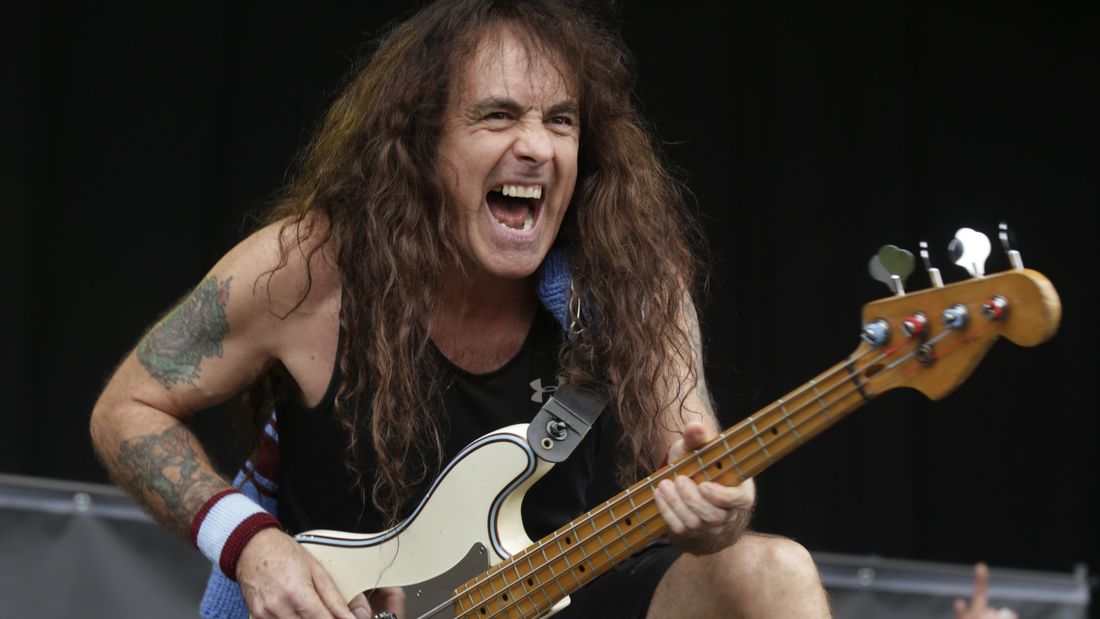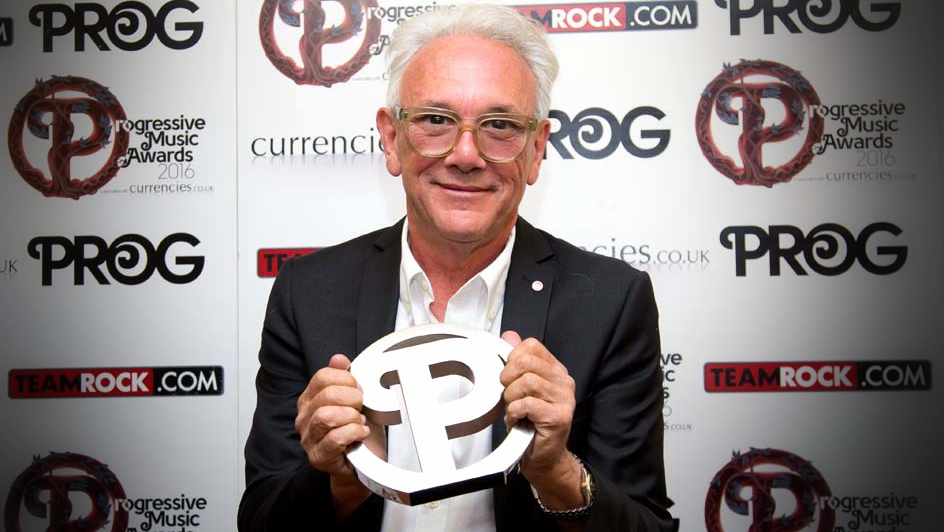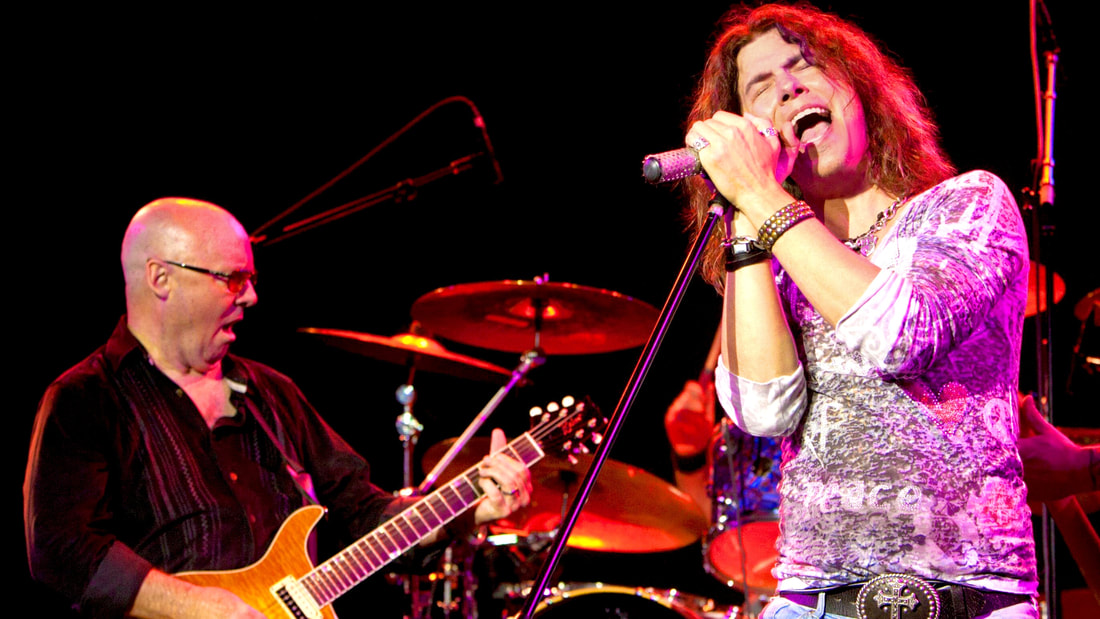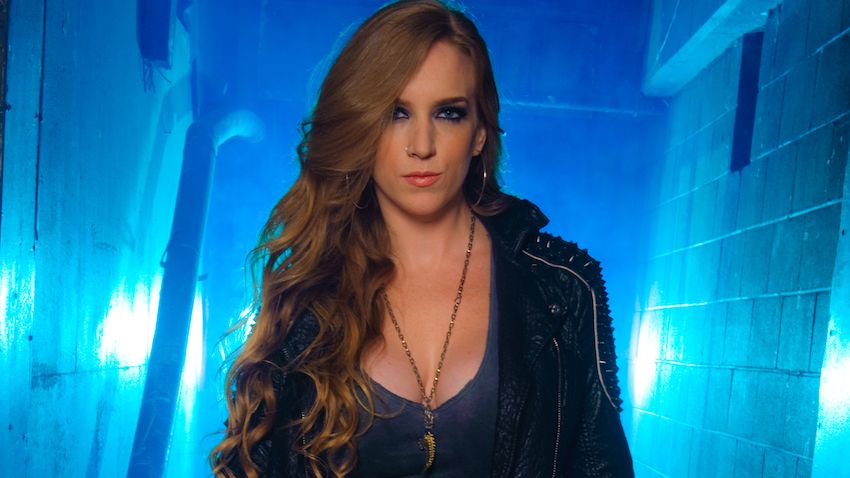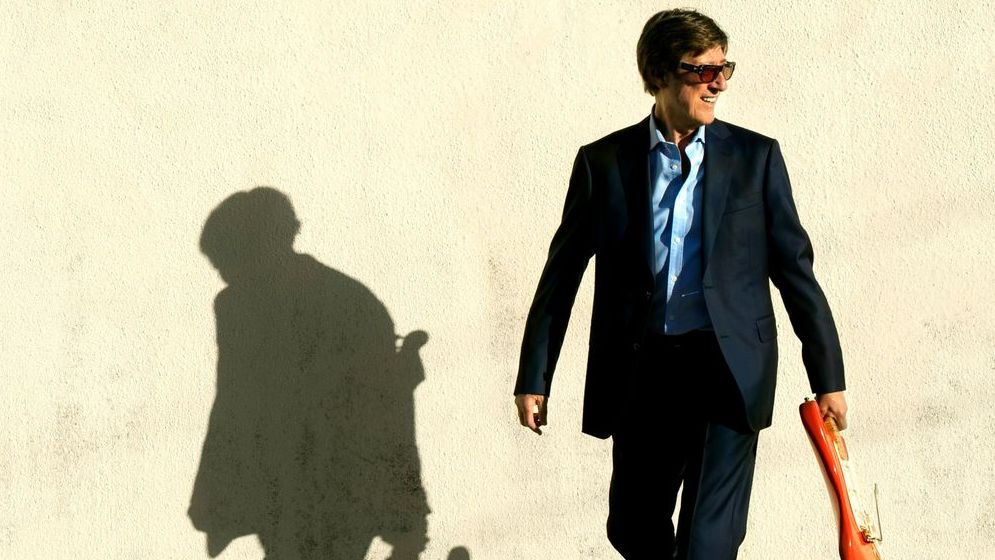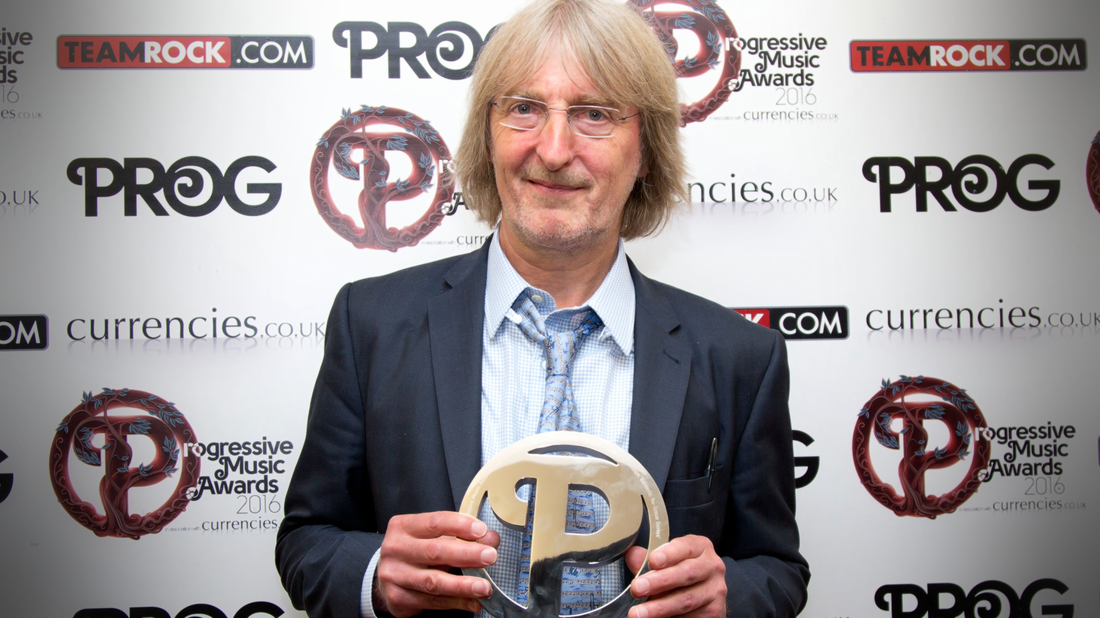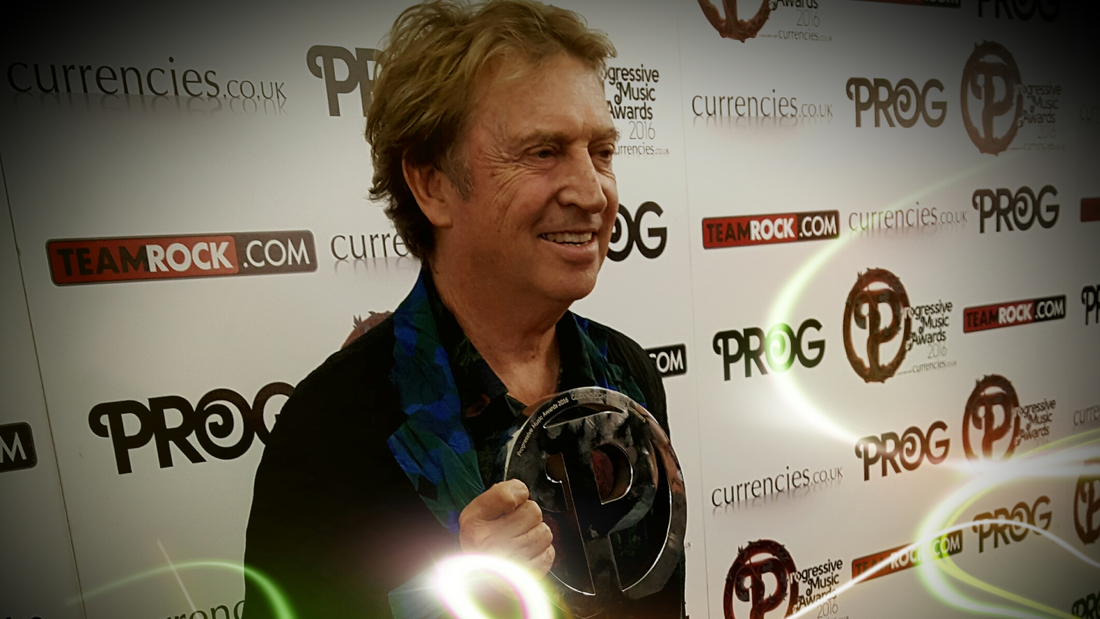Whether you’re a music artist, agent, promoter, or crew member, here’s how things work in the live music industry, especially the basics of touring.
Live Music Tour Team
These live music tour team members give you an overview of how things work in the industry.
ArtistsThey give live performances to audiences. They sign a performance contract with the promoter, including an artist rider beforehand.
What’s an Artist Rider?
An artist rider is an artist’s request as conditions for performance that includes hospitality requirements, security, stage set-up, transportation, passes, meals, parking, interviews, meet-and-greets, and broadcast rights; ensuring the artist is looked after during the event.
Artist Managers
They link live entertainment to building the artist’s overall career. Managers coordinate with the artist’s team, participate in route planning, pick the touring team, and strategize building fan bases with agents.
Booking Agents
They book tours, sell them to local talent buyers, find venues, and negotiate prices. In short, they close the deal for an artist represented by an agent who will perform for a duration at a venue and date for a price, resulting in bought-up tickets and all fans having one.
Promoters
They mostly shoulder the live music tour costs. With agents, they rent venues, promote events, and remunerate contractors and production staff who provide lights and audio equipment, video screens, stages, transportation, insurance, and security. Promoters decide on ticket prices and ensure fans buy them, hoping to cover costs and make profits.
Tour Managers
Tour managers with their technical crew ensure simple to complex music tour logistics. They ensure that artists, staff and crew, and trucks of equipment are always on the road until the tour commences, and solve difficulties in taking the group to the planned concert tour destinations.
Venue and Festival Promoters
The live music business’s cores are festivals and venues, providing space and infrastructure for the event. Venue and festival promoters introduce talents to new audiences and additional paychecks, being part of the tour routing strategy and promotion.
Live Music Tour
These steps are also essential for understanding how things work in the live music industry.
Talent Search
Live music tours must be booked 9-10 months ahead, which is risky for promoters. They must trust their instincts to search and sign for trending artists in a target location and root for them to release more songs and become more popular before the event.
Planning
Team members strategize the live music event, map out tour routes, and ensure everything’s in place. They create light shows and live visual materials, book rehearsals, set up technical sessions, and do other significant tasks for the tour.
Booking
Booking the tour entails endorsing the show to local promoters and festivals. Agents then choose the best venue, choosing between 500- and 2000-capacity venues for a 1000-ticket show, for example.
Promotion
All music tour team members promote and sell tickets. They either promote the overall tour using varied communication channels, promote just a specific show through locally targeted advertising, or do a ticket pre-sale through selected partners.
Preps and Performances
They ensure covering every minute detail (transportation, stage, sounds, insurance, security, processes, and other logistics) for a perfect individual show. Artists “break a leg” for each show while other team members do their respective tasks until the end of the tour.
Cuts and Splits
After the tour, the agent, promoter, artist, and manager take their cut of the profits. The agent usually takes 15% (or less for low profit). The promoter’s usual cut is the total revenue, less the agent’s share, less costs.
The artist’s share includes a flat fee and 80% of the tour’s net. The manager usually cuts 15% of the artist’s gross.
Flat Fee
The flat fee guarantees the artist makes money. Higher flat fees mean lesser artist’s share from the net profits, and vice versa. Having a higher risk appetite, the artist may self-produce the tour and sacrifice the flat fee but take 100% of the net profits.
Take the Opportunity
Now that you know how things work in the live music industry and the basics of touring, take the opportunity. Just don’t forget to take footage of your participation and add them to your EPK (Electronic Press Kit) or portfolio.


